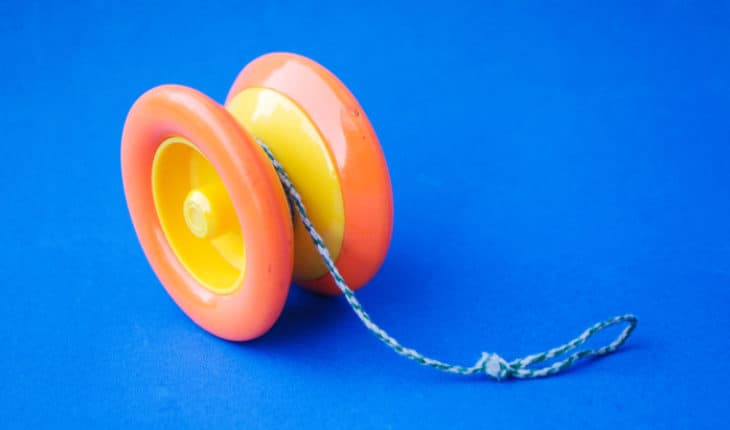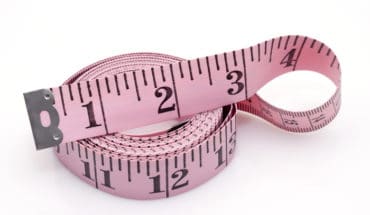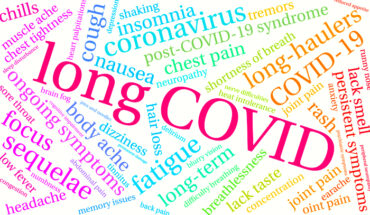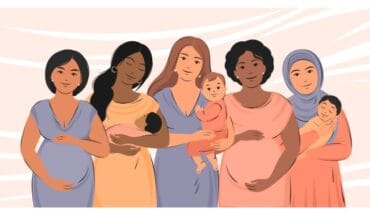Meet the Finalist | Dr Egho Ireo
RSM Digital Health Section
Presentation title:
The Yo-band and Yo-bot: Wearable technology for managing mental health.
Training update
After studying medicine at the University of Bristol, Dr Egho Ireo is currently taking a year out of training between the foundation programme and specialty training. During this time she has completed the MRCS Part B OSCE exam and studied abroad for six weeks in Madrid to improve her Spanish. Hardly one for a quiet life, she has also been offered Expedition Medic + Team Leader Roles with the British Exploring Society and Raleigh International, who required advanced trauma life support skills and certainly put her through her paces during the assessments.
Looking ahead, she says: “I have arrived at a very exciting and dynamic junction in my career where I can curiously consider my options. In 2019 I will interview for core surgical training and clinical radiology, after gaining experience, undertaking electives or taster weeks and presenting at various conferences in these fields.
Hackathon-inspired project
When the Engineering Department of Dr Ireo’s university hosted a hackathon to develop “wearable technology with health benefits”, she joined a team comprising three engineering students, two school-aged coders, one textiles teacher and herself, a clinical medical student.
Their aim was to design a paired product “Yo” as a concordance aid for children and adolescents engaging with cognitive behavioural therapy (CBT) as 18% suffer from anxiety or depressive disorders.
Dr Ireo’s psychiatry experiences, combined with lateral thinking, highlighted a gap in the market that her “Yo” proposition would fill. CBT has a strong evidence base for treatment of depression and anxiety without the side effects of pharmacotherapies. However, she recognised that receiving therapeutic benefits requires motivation to engage, which is typically deplete in depression.
The engineers worked to create a prototype of “Yo”. The wearable Yo-band is worn on the wrist to collect data about the user’s daily activity via an accelerometer and store subjective data the user inputs by tapping a button on the wristband to register negative thoughts or experiences.
The engineers worked to create a prototype of “Yo”. The wearable Yo-band is worn on the wrist to collect data about the user’s daily activity via an accelerometer and store subjective data the user inputs by tapping a button on the wristband to register negative thoughts or experiences.
The companion Yo-bot, based at home, connects via Bluetooth and interprets data relayed from the Yo-band. It responds with sound effects and visual displays of encouragement or activity suggestions, according to the data collected, creating a sense of interaction and self-reflection.
Challenges
The four-week time constraint was certainly one of the greatest challenges, but also the beauty of this project, because it wasn’t about perfection but rather pitching an idea that Dr Ireo and her team believed in. They successfully worked together to create a prototype using computer-aided design and 3D printing and created a storyboard of the user’s journey with our product.
The outcome
Dr Ireo and her team were recognised by the Mayor of Bristol for excelling in this regional engineering challenge. She says: “Doing further studies in software development or business and refining this project to drive it to market could have been an amazing ambition, but I am glad to have prioritised completing my medical degree and to have become a doctor and realise the need for innovation and creativity within medicine.”
Why enter for a prize?
Dr Ireo says the opportunity to learn from others and network with like-minded individuals in disciplines and specialties aligned with your own are key benefits of entering for prizes. “The opportunity for self-development to practise presenting your ideas in public is a rewarding achievement and stands out in any portfolio. My advice is: don’t discount yourself or your ideas!”
- Gut microbiome could delay onset of type 1 diabetes - 3rd April 2025
- The da Vinci 5 Robot Is Set To Transform Bariatric Care: - 31st March 2025
- Beyond money: the hidden drivers fuelling child food insecurity - 31st March 2025






